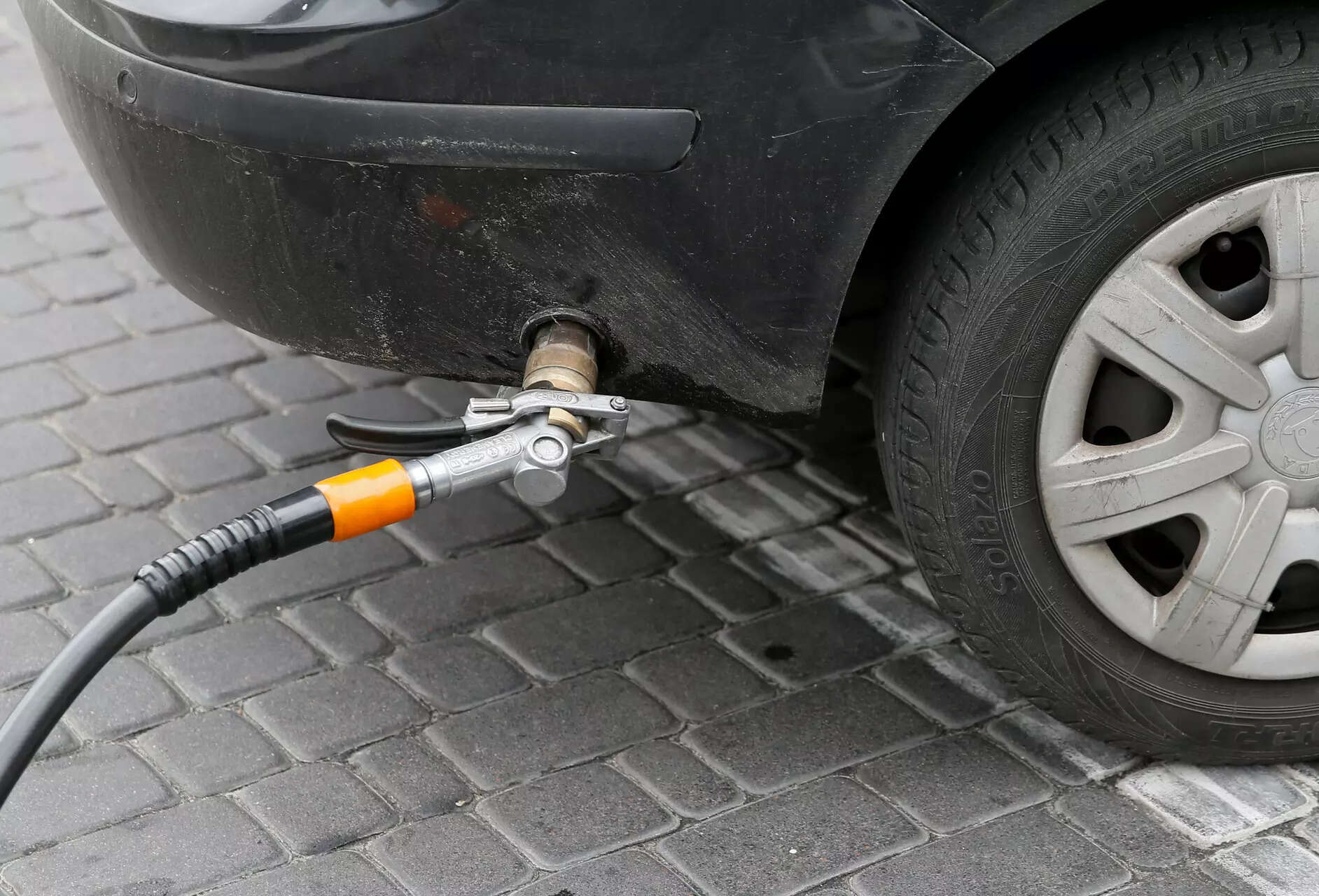
The ongoing blockade of Ukrainian border crossings by Polish drivers has led to a sharp drop in deliveries of motor vehicle gas (LPG) to Ukrainian petrol stations, many of which are experiencing fuel shortages, analysts said on Friday.
Around a million Ukrainian cars use LPG as a cheaper alternative to petrol. Farmers and households use the fuel for drying grain and heating homes and Ukraine consumed about 1.1 million metric tons of LPG in 2022.
Polish truckers earlier this month blocked roads to three border crossings to Ukraine to protest against what they see as government inaction over a loss of business to foreign competitors since Russia’s invasion of Ukraine in February 2022.
LPG shortages and rising prices were among the most visible consequences of the protests at the Polish border.
The Federation of Employers of Ukraine said on Friday the estimated direct losses of the country’s economy had already amounted to around 400 million euros.
“Currently, the share of road gas supplies in total imports is decreasing. While in some months of 2023, the share of road deliveries reached 75%, in November it was about 45%,” Kyiv-based Enkorr, a specialised fuel consultancy, said in a report.
Enkorr said at least six large petrol station networks reported different degrees of LPG shortages and protests had already caused a 30% rise in domestic LPG prices.
About a third of all LPG supplies were imported through the border with Poland.
Analysts said the market was shifting to new supply channels, mostly to train, but it needs time to switch to new schemes.
“We see potential in the transport of LPG to Ukraine, but for now, cargo operators are not submitting specific offers for such transports and are rather testing the market,” Krzysztof Losz, a spokesperson for Poland’s top freight rail carrier PKP CARGO, said in response to questions from Reuters.
However railway logistics requires longer preparations, because the supply of wagons for transporting LPG on the market is limited and wagons need to be reloaded.
Orlen, Poland’s biggest state-controlled refiner that also produces LPG and has been supplying more fuel to Ukraine to support country since 2022, declined to comment when asked if LPG exports to Ukraine could be lucrative.

